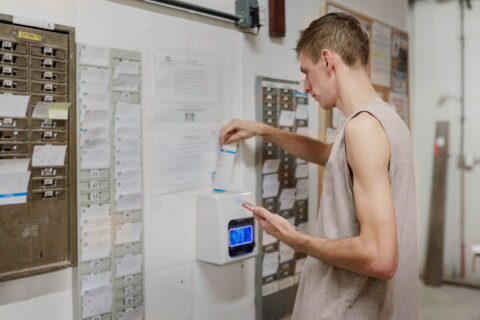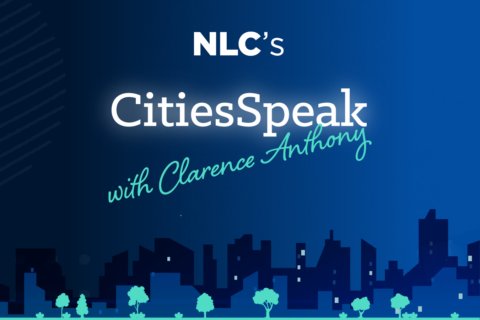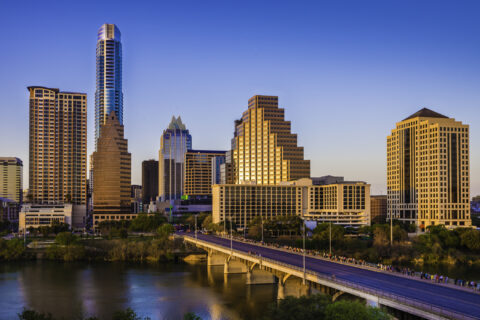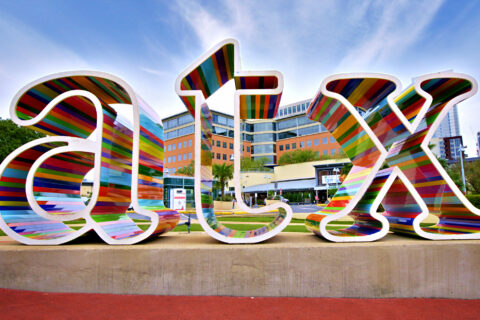The COVID-19 pandemic and ensuing economic hardship exacerbated structural inequities and disproportionately impacted lower-income communities and people of color. Not only were members of these communities more likely to contract the virus, but they were also more likely to be employed in jobs that were more vulnerable to layoffs and exposed them to greater risk. Many cities are seeking to remedy this situation as part of their recovery efforts, making use of direct federal support from the American Rescue Plan Act (ARPA). One of the policies that city leaders are considering is guaranteed income programs. These pilot programs provide a fixed sum of cash to qualifying residents in order to provide greater financial stability and thus improve their overall quality of life.
Although the concept of guaranteed income is not new, it has received new momentum over the past years with an increasing number of city-led pilot programs emerging. The historical success of such pilots in places around the world from Manitoba to Kenya demonstrates its transformative potential. In the United States, Martin Luther King, Jr. and other prominent thinkers long advocated for guaranteed income as a tool to eradicate poverty and address systemic inequity. More recently, the City of Stockton, CA, launched one of the first U.S. pilots of guaranteed basic income where 125 individuals received $500 per month over the course of two years. Early evidence from these pilots programs indicates that providing cash directly to residents with no strings attached produces a host of positive outcomes, including increased financial resiliency, decreased unemployment and better mental health.
This body of evidence coincides with pandemic-fueled growing economic uncertainty, as NLC’s recent State of the Cities report points to significant increases in homelessness and demand for financial assistance, which particularly impacted people of color whose economic outcomes decreased over the course of the pandemic. These converging trends are creating an opportune moment for an expansion of municipal-led guaranteed income programs.
Many city leaders are leveraging the direct local funding through ARPA to build on this momentum and implement similar programs in their communities. These actions and others are captured in the COVID-19: Local Action Tracker, a partnership between the National League of Cities and Bloomberg Philanthropies launched last year to collect and share actions that cities are taking in response to COVID-19.
- Chicago, IL is considering spending $30 million to give $500 per month for a year to 5,000 families. The program would be open to residents whose income levels were at or below 300% of the federal poverty level, which for a family of four would be $78,600 a year, and who experienced economic adversity during the COVID-19 pandemic. Program participants would have the option to voluntarily report their transactions for the city to then study the efficacy of the program.
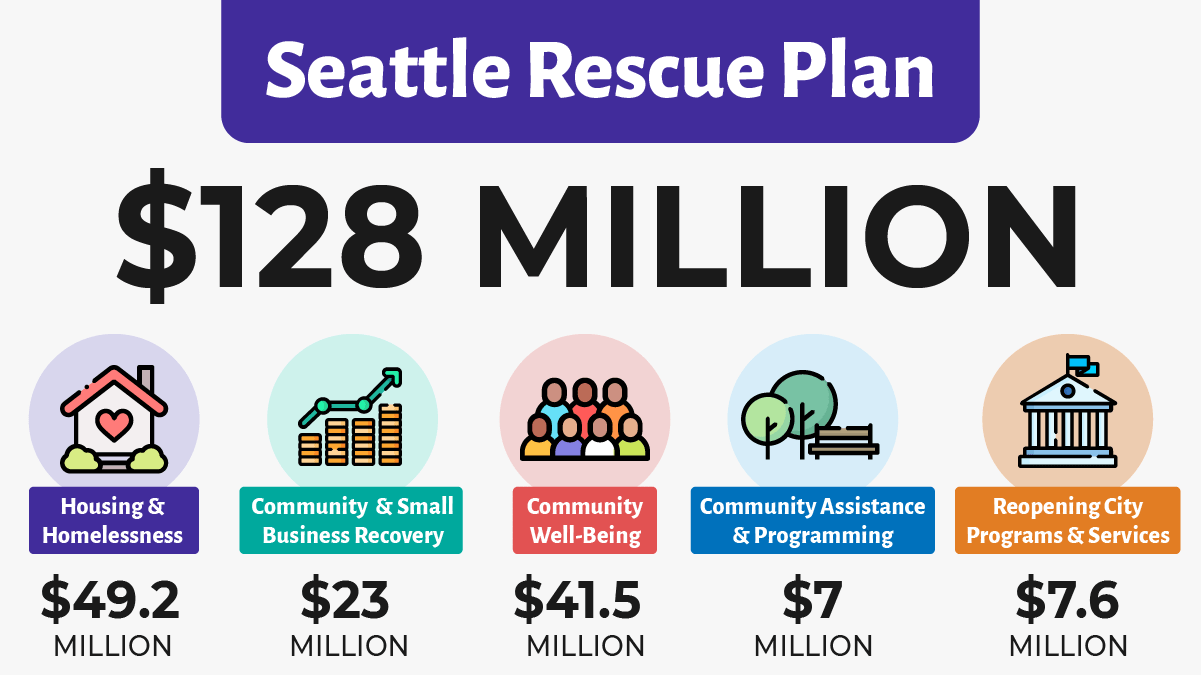
- Seattle, WA is proposing to spend $25 million in direct cash assistance as part of the “Community Well-Being” portion of their overall ARPA spending plan.
- Mountain View, CA city council adopted a resolution that will allocate $1 million from the city’s ARPA funds toward a guaranteed income initiative. The city is also participating in the Mayors for a Guaranteed Income Initiative (MGI). According to Vice Mayor Lucas Ramirez, “UBI lifts people out of poverty in a way that one-time direct financial assistance just can’t. This is a key first step. [The resolution] gives us access to resources that will be essential if we want to ensure the success of the program.”
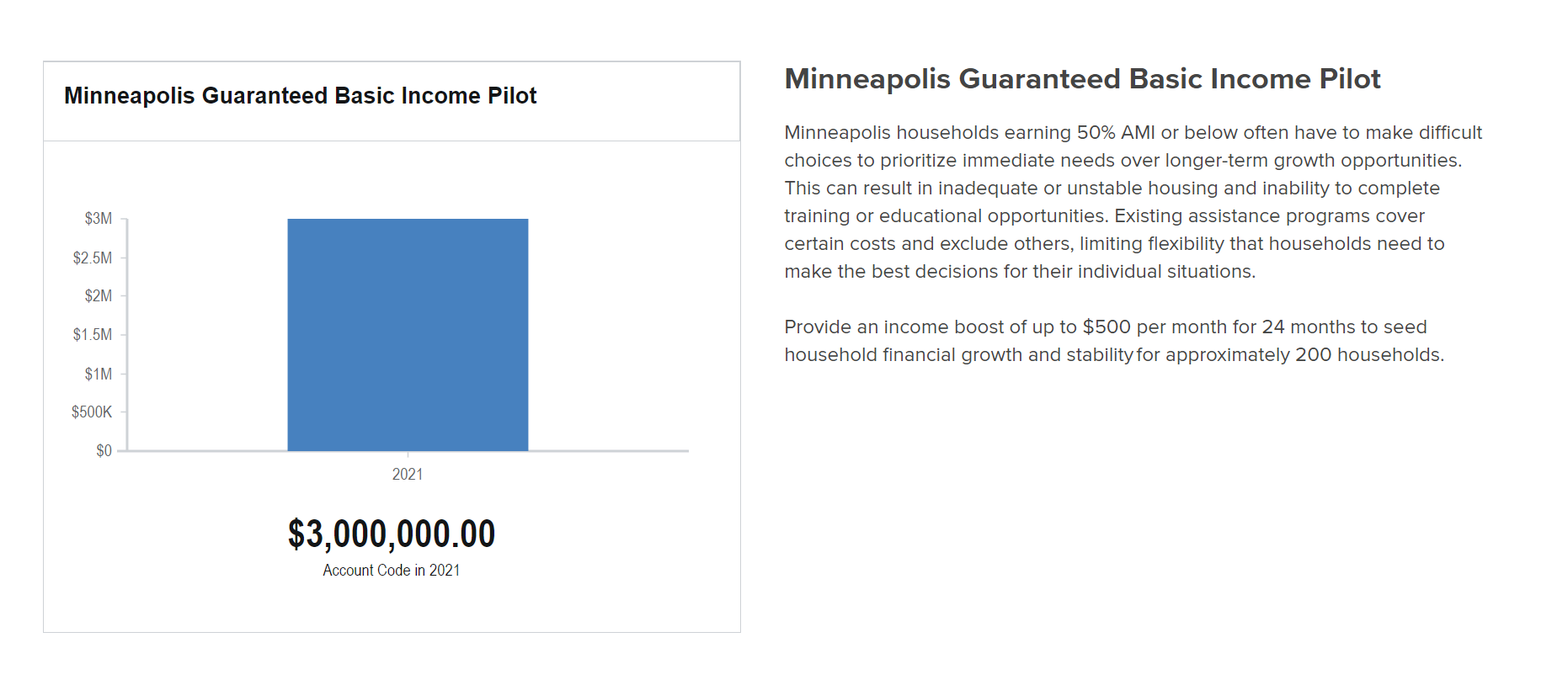
- Minneapolis, MN is planning to spend $3 million for a Guaranteed Basic Income Pilot as part of the city’s Economic Rebuilding portion of their ARPA spending plan. This pilot would provide $500 per month for 24 months to approximately 200 households.
For more information on the use of public funds for guaranteed income programs, including but not limited to the American Rescue Plan Act, Temporary Assistance to Needy Families, Housing and Urban Development Funds, Community Service Block Grants, and City, County and State Budgets, please see the following fact sheet, co-authored by the Economic Security Project’s Guaranteed Income Community of Practice and the National League of Cities.



